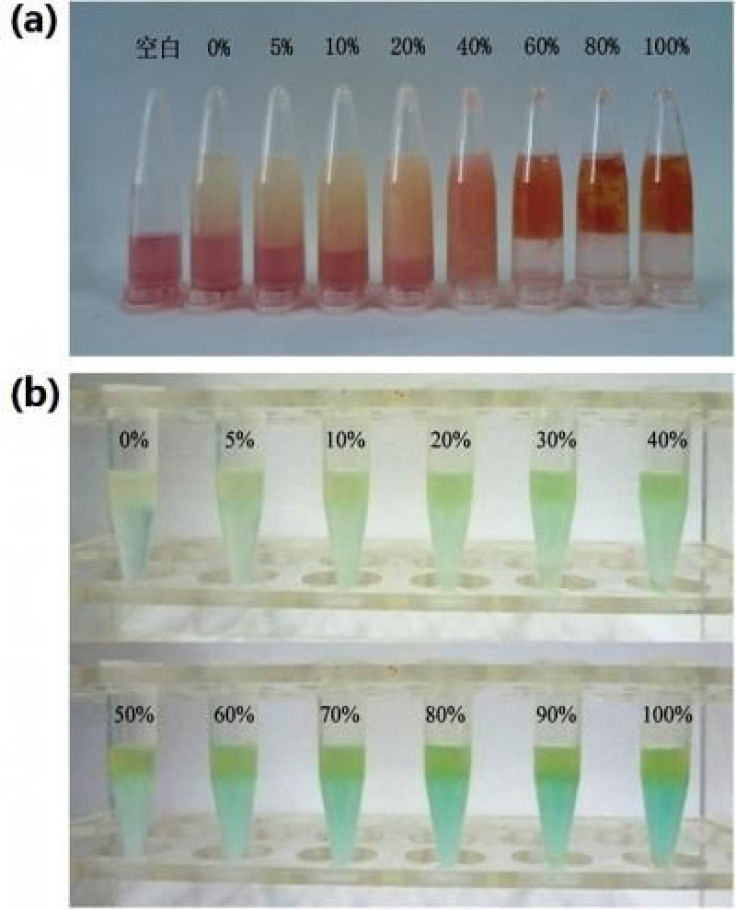New Rapid Test Designed For Dangerous Illegal Cooking Oils In China

As counterfeit olive oils blight the U.S. grocery market with inferior quality, Chinese consumers face a much more dangerous threat from illegal cooking oils, including products containing toxic polymers and peroxide, among other hazardous materials.
Unscrupulous sellers and restaurateurs sometimes pass restaurant waste oil and animal fats as genuine cooking oil, leading to a serious public health risk as more consumers use the illegal oils at home in the kitchen. The most common symptoms of food poisoning caused by these oils include headache, vomiting, diarrhea, and abdominal pain, Chinese regulators say.
Even with a robust regulatory system, however, counterfeit oils — whether dangerous or merely of inferior quality — are notoriously difficult to detect on the world market, nevermind within the bustling kitchen of a provincial Chinese restaurant far from any regulatory authority. While only 10 percent of the olive oil produced in the world may be classified as "extra-virgin," as much as half on the world market is sold as such, for example.
Yet, researchers from the University of Chinese Academy of Sciences have now devised two rapid colorimetric detection tests for illegal cooking oils based on phase transfer technology. He Yujian, a professor at the college of chemistry and chemical engineering there, says the new test would allow on-site testing of cooking oils at any restaurant or distributor.
Similar to a home pregnancy test, the simple device employs copper ions and cationic gold nanoparticles, protected by polychloride, to detect illegal oils that are often recognizable to the naked eye, Yujian said in a press release.
"The results showed that qualified cooking oil with 2.8 percent of the illegal cooking oil could be detected, and more than 5 percent of the illegal cooking oil could be detected by the naked eye," Yujian said.
In testing 235 cooking oil samples, the test was accurate 95.7 percent of the time. Although not perfect, the test beat traditional detection methods as a more cost-effective and practical way of regulating the industry.
Source: Yujian, He. Rapid Colorimetric Detection Of Illegal Cooking Oils Based On Phase Transfer Technology. Science China Chemistry. 2013.



























